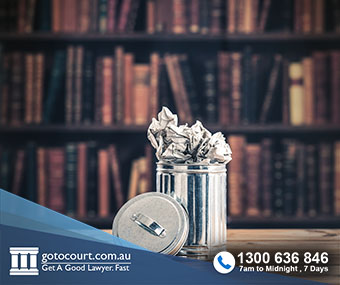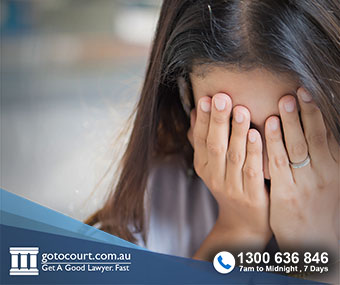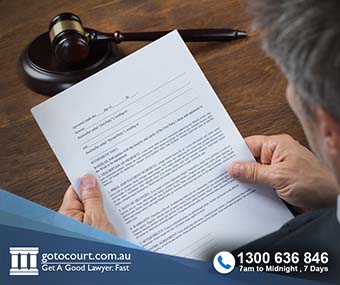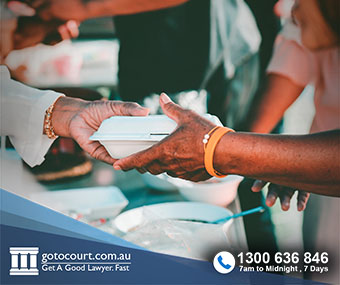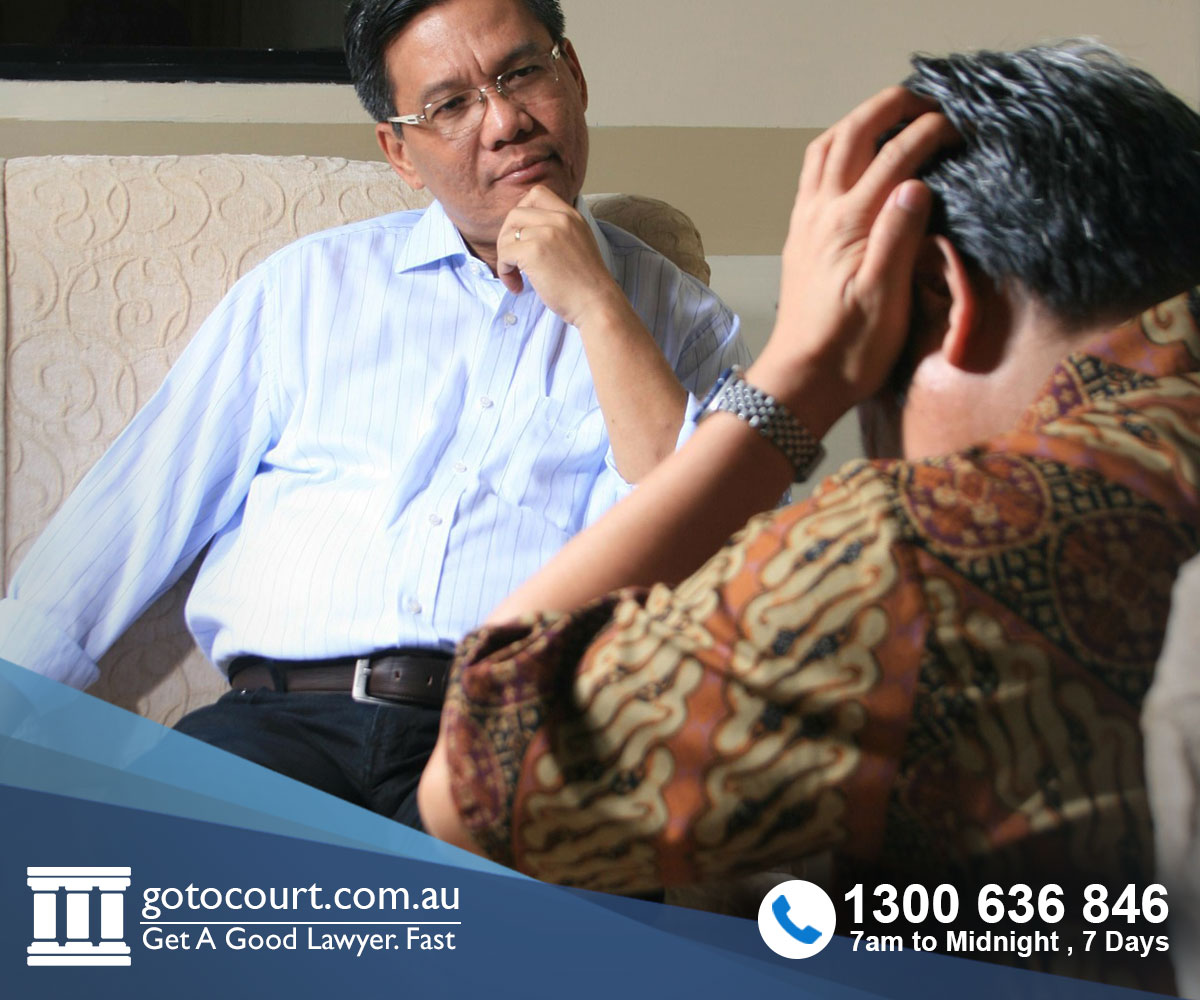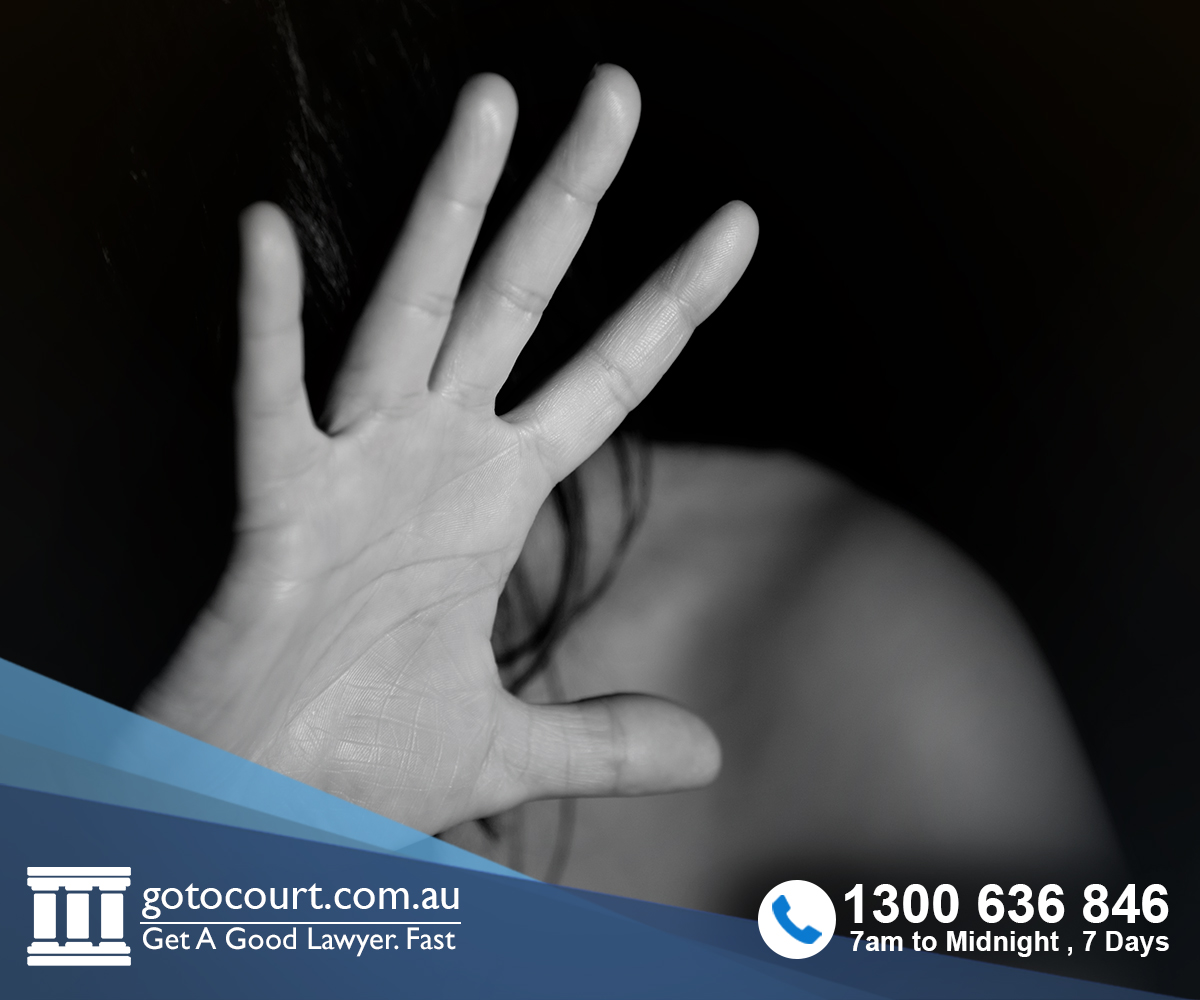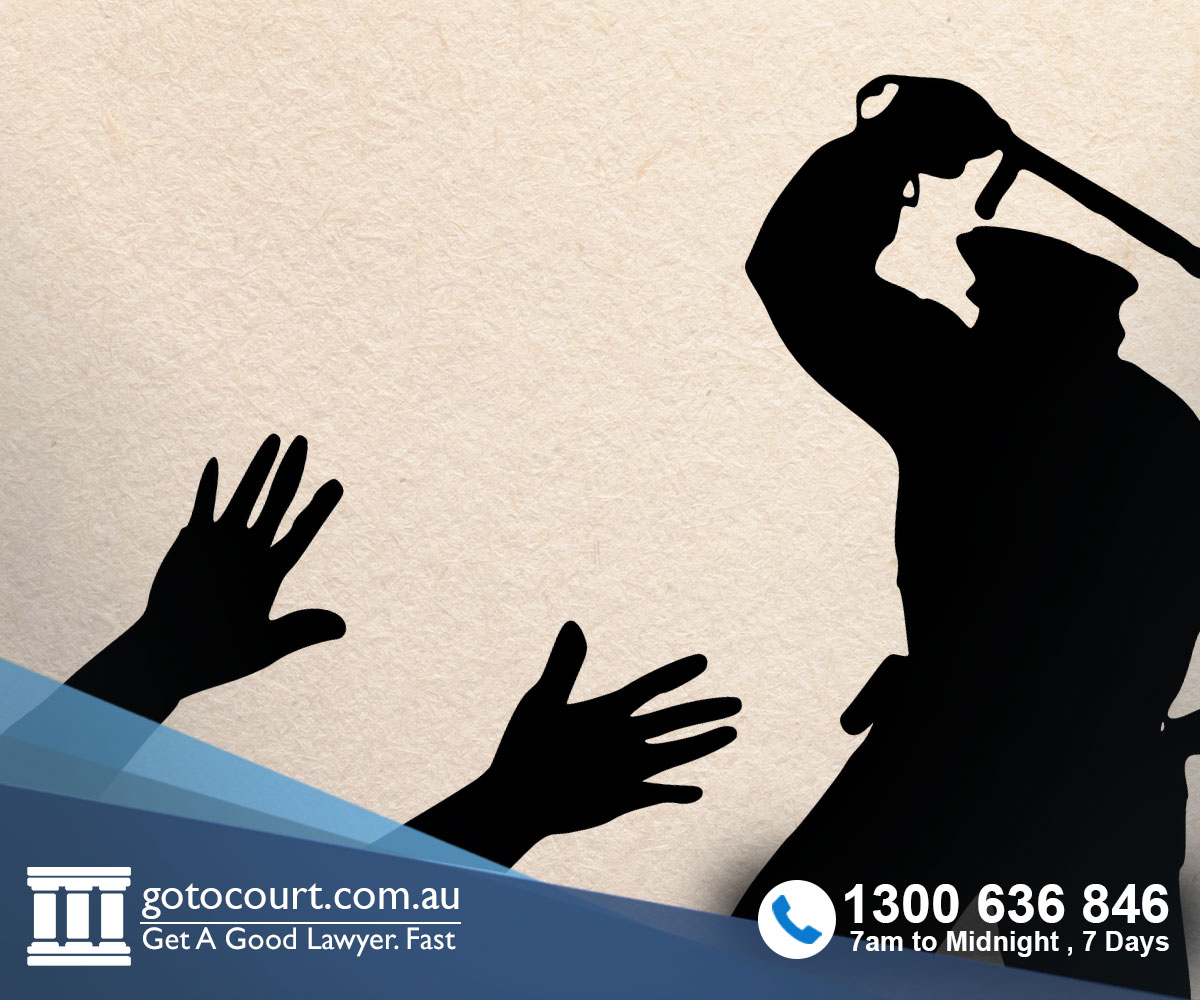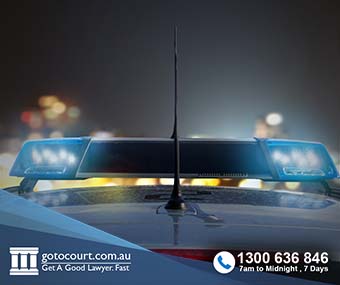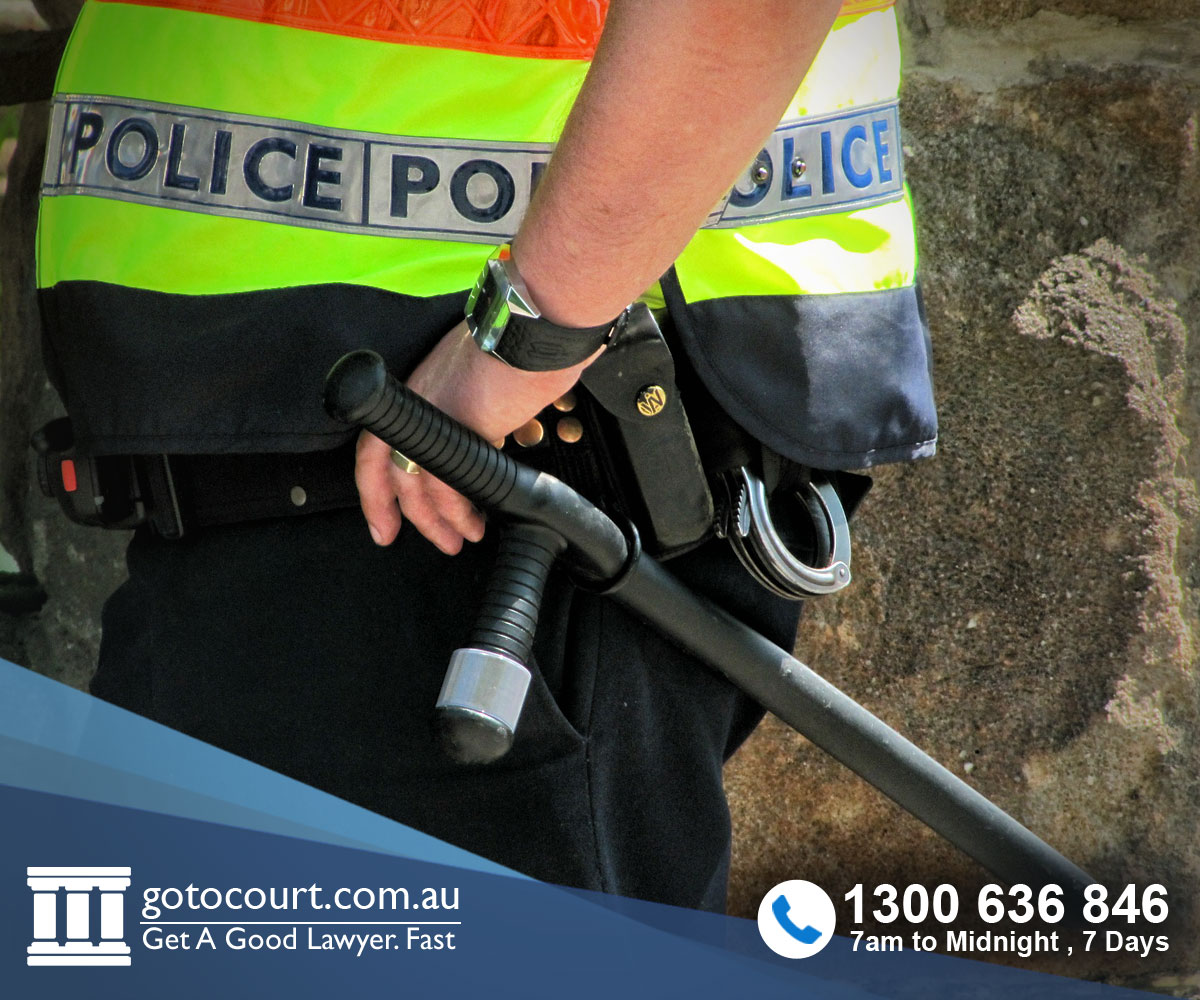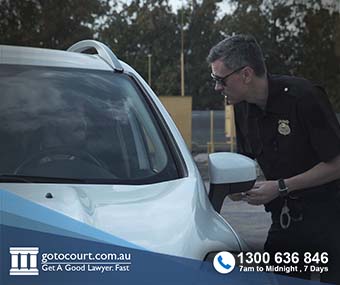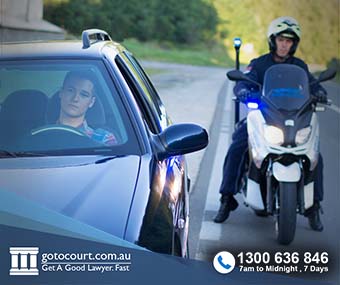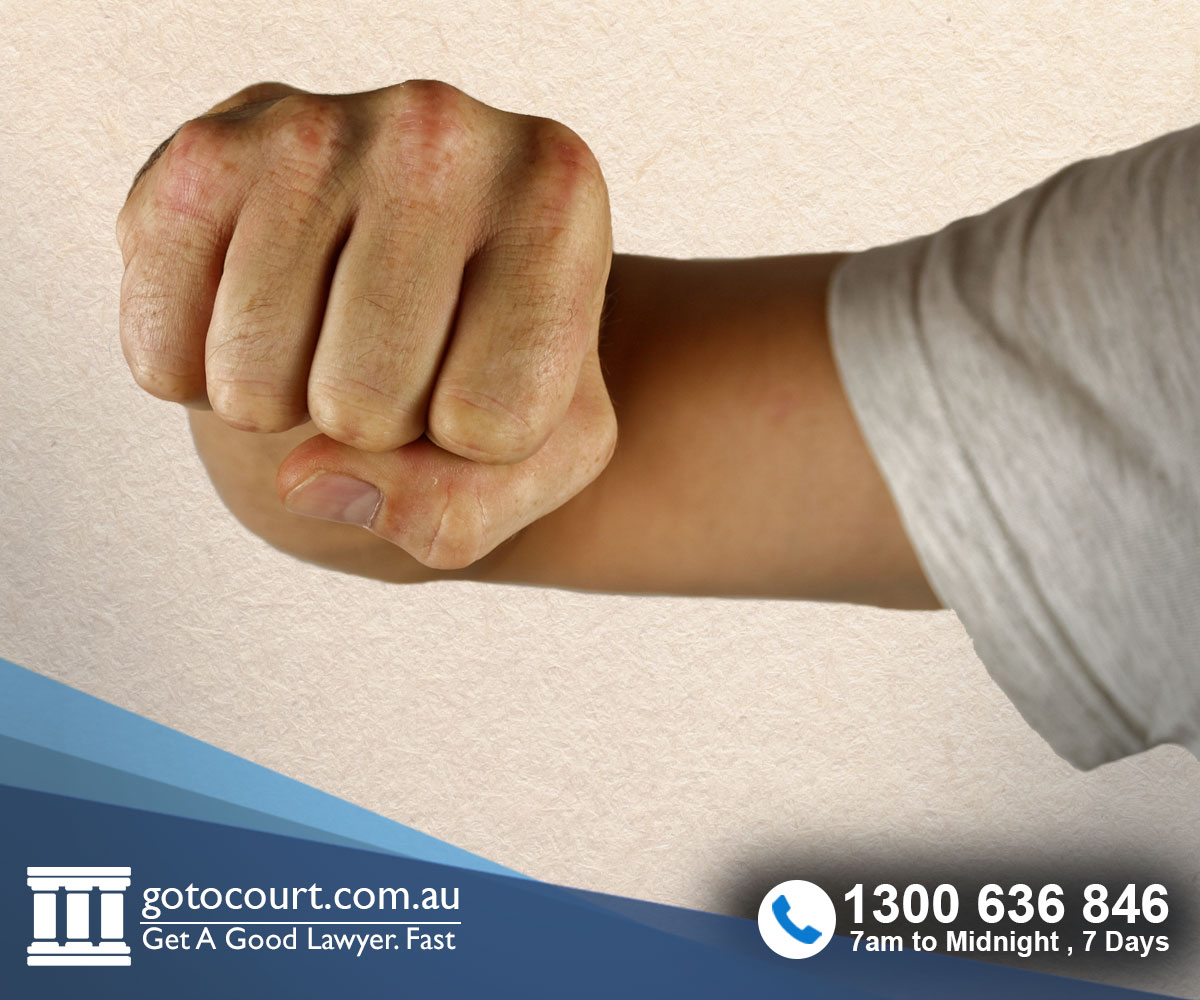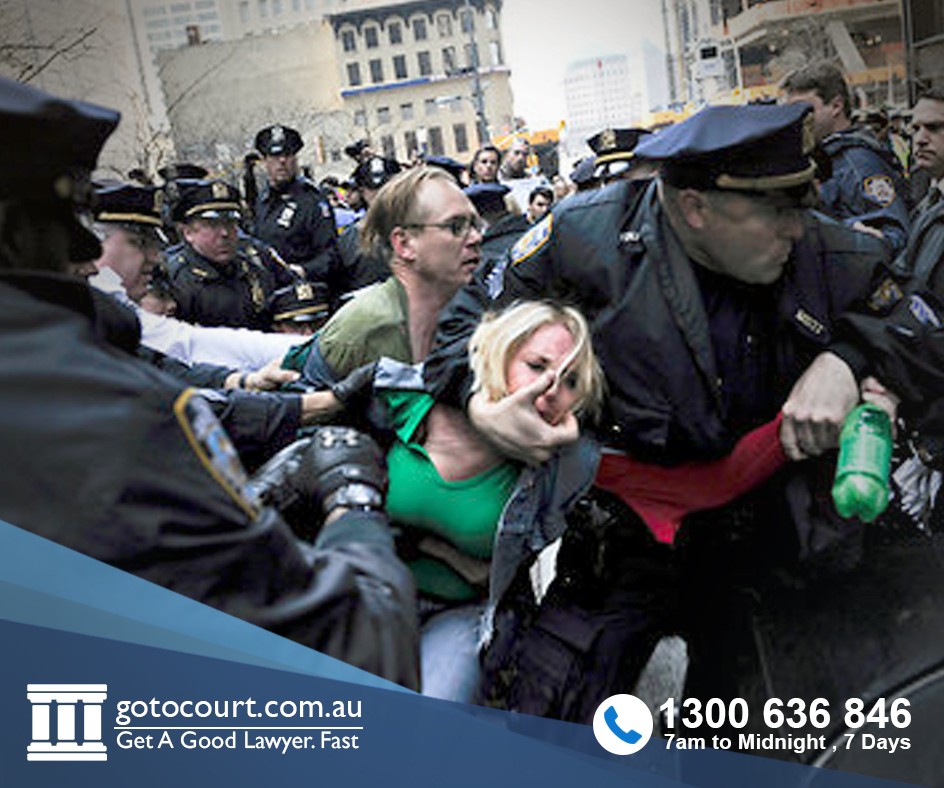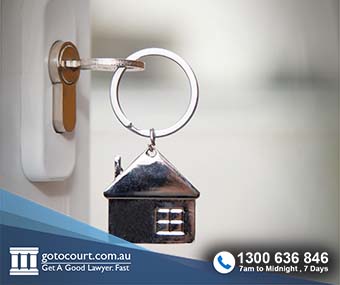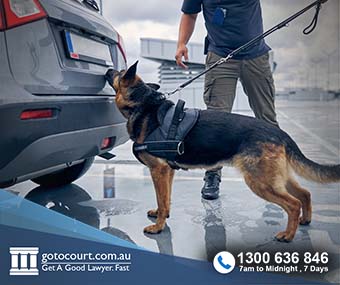Search Warrants (Qld)
Search Warrants (Qld)
In Queensland, police are generally not permitted to enter residences without a warrant. When the police have a warrant to search premises, they must follow the procedures outlined in the Police Powers and Responsibilities Act 2000. This page outlines what the police may lawfully do when they enter a house with and without a search warrant in Queensland.
Entry without warrant
In some circumstances, the police may enter a house without a warrant.
This may occur:
- to serve a legal document
- to administer a breath test
- if a person has been seriously injured
- to search for evidence they reasonably suspect will be destroyed or hidden
- to arrest someone
- to reach a crime scene, or
- to detain someone under the anti-terrorism ‘preventative detention order’.
If the police enter a house without a warrant, they can stay only for a reasonable time to make the enquiry or serve the document.
Refusing police entry
If the police seek to enter your house without a warrant other than in the above-listed situations, you may refuse to let them in. You can do this by clearly stating to them that you are not inviting them in, and that you do not give consent for them to remain on your property.
Entry with warrant
If the police have a search warrant, they may enter a house to execute it. If the police ask to enter your house under a search warrant, it is a good idea to ask to see the warrant and read it carefully. This ensures that you understand exactly what the police are authorised to do under the warrant.
The powers that police may be given under a warrant include:
- detaining anyone present
- removing wall panels, floor panels and ceiling panels to search for evidence
- taking photographs of items that may be seized for evidence
- digging up your yard
- opening locked areas such as a safe, filing cabinet, or cupboard, and
- searching anyone on the premises.
The police are not allowed to go through your phone or computer unless this is specified in the warrant.
If the police damage your property during a search, you may not be compensated for this. What happens in this situation will depend on the terms of the warrant. Police are not required to tidy up after they have finished searching through your belongings.
It is important to remember that a search is not an interview and that you do not have to answer any questions the police ask you while they are searching your house.
Personal searches
The police do not have an automatic right to search your person or your car, but they can do so without a warrant in some circumstances. These circumstances include where the police suspect you have:
- a weapon
- illegal drugs
- stolen property
- tools for housebreaking
- evidence relating to breaches of the Liquor Act 1992, or
- evidence of an indictable offence.
Scanning with a metal detector
The police may scan a person who is in certain public places with a metal detector to see if they are carrying a knife or another weapon.
This may occur when a person is at a relevant place, including public transport station, shopping centre, retail premises, sports and entertainment venues, licensed premises and at all Queensland Safe Night Precincts.
A police officer may also scan a person for weapons when they are not at a relevant place if they have obtained authorisation from a senior officer to do so.
If the police find a weapon after scanning a person, they may confiscate it.
Taking your property during a search
If police find drugs, stolen property, weapons, other unlawful items or evidence that a criminal offence has been committed, they may seize these items. A vehicle can also be seized if the police suspect it has been used to commit an offence. The police must give you a receipt for all items taken.
If you are subsequently found guilty of an offence, the court may order the property that was seized to be destroyed. If this does not occur your property should be returned.
If you require legal advice or representation in any legal matter, please contact Go To Court Lawyers.

Affordable Lawyers
Our Go To Court Lawyers will assist you in all areas of law. We specialise in providing legal advice urgently – at the time when you need it most. If you need a lawyer right now, today, we can help you – no matter where you are in Australia.How It Works




1. You speak directly to a lawyer
When you call the Go To Court Legal Hotline, you will be connected directly to a lawyer, every time.

2. Get your legal situation assessed
We determine the best way forward in your legal matter, free of charge. If you want to go ahead and book a face-to-face appointment, we will connect you with a specialist in your local area.

3. We arrange everything as needed
If you want to go ahead and book a fact-to-face appointment, we will connect you with a specialist in your local area no matter where you are and even at very short notice.


